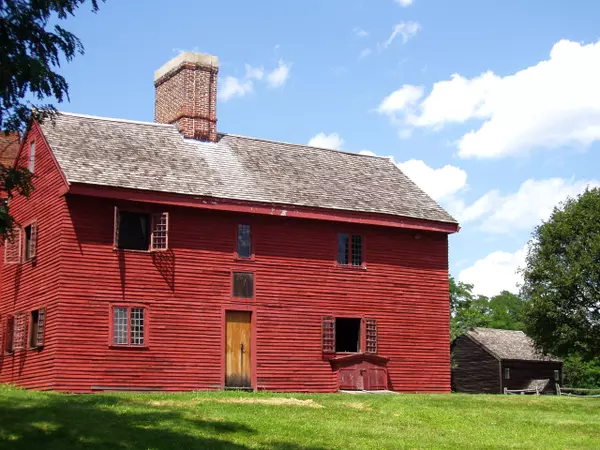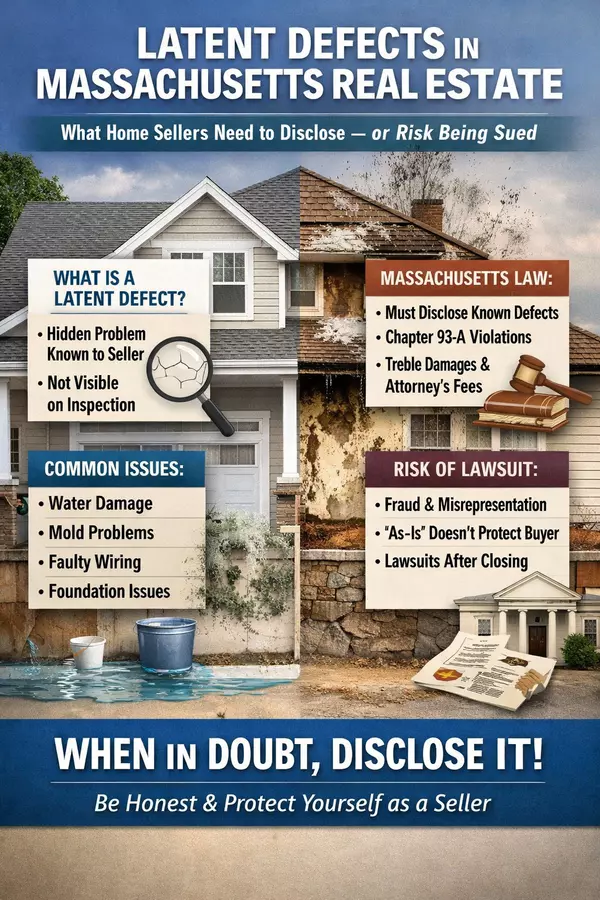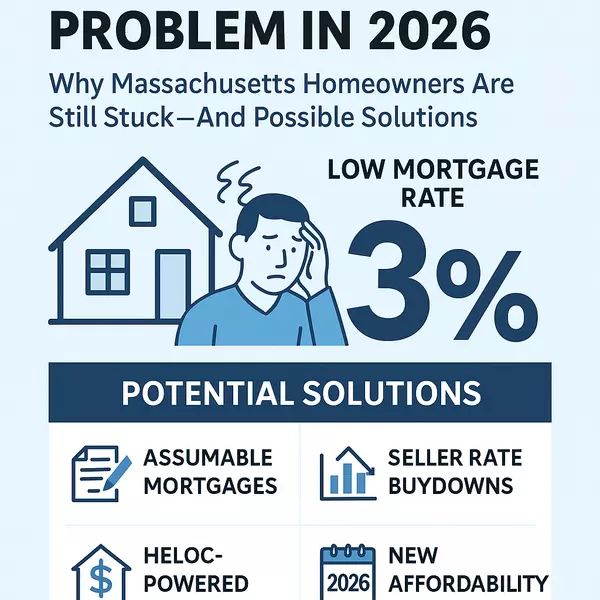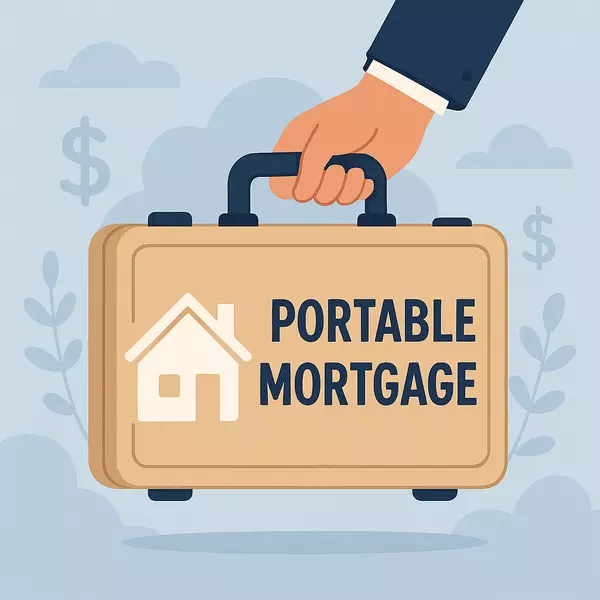How Much Money Can You Make Flipping Houses?

There’s probably a good chance you’ve stumbled on one of the millions of home renovation shows or online videos and thought to yourself, “Heck, I can do that.”
While the profitability of flipping homes can be bountiful, becoming an expert in this niche takes knowledge and experience. Today, we'll cover the basics.
The Profitability of Flipping Homes
Home flipping can be a highly profitable business, but it also comes with some risks. If you hop on the trends, you might manage to earn yourself about 30% profit. Below, we compiled some stats on home flipping for you to consider.

How to Flip Homes (The Basics)
While it may seem like a fun way to make a quick buck, flipping homes isn’t a great get-rich-quick scheme — it takes thorough market knowledge, resources, and experience to do it well.
Remember, as with any new hobby or trade, getting good takes time and (sometimes many) mistakes. The best way to learn is to embrace the challenge with patience, grace, and optimism! Ready to dive in? Here are the steps you should take.
1) Research Different Real Estate Markets
In the infographic above, we cited several cities and states that see the highest profit margins for home flipping. However, every state, city, and county have their own opportunities.
Three constant factors that we noticed in our research were:
-
The age of the homes in the area
-
The state of residential development
-
The state of the real estate market
Older homes that were located further away from new developments saw higher profit margins. Also, with the real estate market lagging in many parts of the country, the rate of successful home flips is still lower than in previous years. Use factors like these to inform your decision on when, where, and what price to buy property before you dive in fully.
2) Create a Budget
With any business venture, but especially one with significant start-up costs, it’s wise to create a budget that you can stick to. Here’s why creating a budget will is not only beneficial, but a smart move when planning to flip property:
-
Financial Control. A budget helps you track income and expenses, so you can stay within your financial limits.
-
Profitability Analysis. By outlining all projected costs, you can more effectively estimate and calculate your profits.
-
Cost Management. Flipping properties often involves unexpected expenses, so keeping track helps you better manage the entire project.
-
Project Planning. A budget provides a framework for your project timeline, allowing you to schedule renovations, marketing, and sales efficiently.
-
Risk Mitigation. Having a budget can help you prepare for worst-case-scenario moments (hey, they happen!) and make your most informed decisions.
-
Financing. If you need financing for your project, a well-prepared budget (and proposal) can increase your odds of getting funded by lenders or investors.
If you’re looking for a business plan to help you get started, you can also check out our ebook Your Business Plan for Launching Your Career.
3) Get Financing
If you have money saved up or know an investor who is willing to help with financing, this may not be a factor. However, if you don’t, you’ll probably want to apply for a bridge loan. Bridge loans are typically faster to obtain than traditional mortgages, because they’re designed for short-term needs. This quick access to funds can be crucial in competitive real estate markets, allowing you to secure properties and complete your projects without worrying too much about the startup costs.
4) Create Partnerships With Contractors
Networking with local contractors for renovations is a great way to get your jobs done and maintain lasting industry connections! If you’re already working as an agent, you probably already have some contacts who can help you. If you don’t, this is a great opportunity to expand your network.
5) Find & Purchase a Home
Once you’ve done the research, budgeting, and have the support you need to flip, go out there and purchase a home. As a real estate agent, you can save time and significant money representing yourself. And more importantly, you’ll have a leg-up with access to specific tools and databases that non-agents don’t.
6) Renovate the Home
Well, looks like it’s time to get to work!
When it comes to flipping properties for profit, the faster you can get the home done, the better it will be for your wallet. After all, the longer you hang onto a property, the more holding costs you incur.
Still, it’s important to be flexible, even if it causes delays. With this big of a project, you may have a few wrenches (pun intended) thrown your way. Stay flexible and positive!
7) Sell the Home
Whether you’re an experienced real estate agent already or considering taking the first steps toward earning your license, the selling part of the process could be the part you have the most experience in. Being able to buy, flip, and sell homes could give you the extra edge you’re looking for to stand out among other agents.
Common Mistakes Home Flippers Make
Learning from your mistakes is crucial for pushing that profit margin needle. These are a few of the more common home flipper mistakes:
-
Inability to create a conservative budget
-
Poor time management/planning
-
Limited knowledge of the ins and outs of a home
-
Lack of patience
Home flipping can be a financially lucrative path in the real estate industry if you’re willing to devote the time and energy into doing it right. By taking the time to carefully plan and execute home flipping projects, you can evolve yourself into an expert home flipper.
Ready to Get Started With The CE Shop?
Whether you’re a new agent looking to start award-winning Pre-Licensing education or an experienced veteran wanting to finish your Continuing Education, we’ve got a 100% online curriculum that’s one of the most diverse and groundbreaking in the industry.
Categories
- All Blogs (99)
- Beverly, MA (4)
- Buying a Home (42)
- Condos For Sale (3)
- Home Ownership (28)
- Homes For Sale (7)
- Living on the North SHore (11)
- Mortgages (4)
- Prospective Real Estate Agents (1)
- Real Estate Careers (8)
- Real Estate Market Conditions (20)
- Real Estate School (1)
- Salem, MA (6)
- Selling a home (49)
Recent Posts












